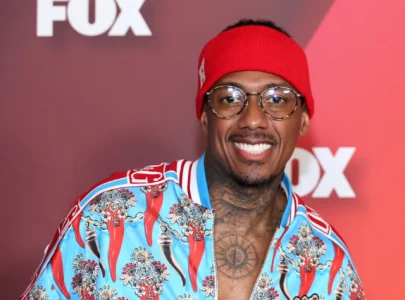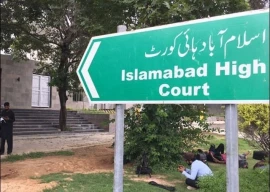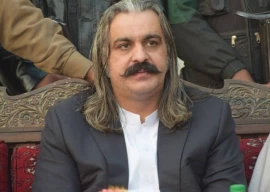
Speakers at a seminar on Thursday acknowledged that the role of masculinity in relation to gender issues has not been adequately explored.
The discussion held at Quaid-e-Azam University was based on the research work produced under the South Asian Network to Address Masculinities (SANAM) fellowship programme, according to a statement released by the university.
Fellows from the regionally-run programme presented research projects that attempted to explore and understand the intersections of masculinities with pop culture, media, sexuality, violence, migration and ethnicity.
Titled ‘Understanding Masculinities: Culture, Politics and Social Change’, the programme aimed to build a pool of men, women and transgendered people from South Asia to challenge masculinities in different social settings through development interventions, media practices, research and trainings.
The seven Pakistani fellows shared insights gleaned from their research. Ahmed Zeb discussed the pressures and expectations of Pakhtun men from his case study. Adeel Pathan highlighted how nationalistic masculinities play out through the media, using Veena Malik as a casestudy. Arasala Khan presented a fascinating picture of masculinity in Pastho Poetry of the Gharaa tradition and how it can fuel long lasting feuds.
Research papers were commented upon and critiqued by a number of distinguished researchers like Neelam Hussain, Night Said Khan, Dr Farzana Bari, Tahir Khilji, and Kausar S Khan. SANAM will be announcing the next round of fellowship in June 2012.
Earlier, College of Youth Activism and Development Director Raziq Fahim, in his opening remarks, stated that “violence is the language in which genders communicate, with mostly men having the right to speak”.
He added that masculinity, mediated through complex social relations, is not merely oppressive towards women but also towards men who do not deviate from the dominant notions and practices of their own social and cultural settings.
The seminar was jointly organised by SANAM, in collaboration with Men Engage Pakistan.
Published in The Express Tribune, April 13th, 2012.
COMMENTS (2)
Comments are moderated and generally will be posted if they are on-topic and not abusive.
For more information, please see our Comments FAQ








1732776427-0/Express-Tribune-(1)1732776427-0-270x192.webp)

1732776989-0/Untitled-design-(71)1732776989-0-270x192.webp)






Using veena mailk as a case study just about sums up the seriousness of this seminar.
So true. Using a simple and albeit elementary example here, how often do we see men struggling with emotions because men in most societies are not supposed to be expressive emotionally? I've seen so many male friends of mine unable to open up and talk about whatever's going on in their life, be it small or big, simply because society doesn't typically encourage men to do so. The rules for how manly men are supposed to behave can be awfully rigid and any guy who strays too far from it is often hit with a barrage of labels and stereotypes (na-mard, gay, wuss, p*, and the like). This type of labeling puts pressure on guys to always behave like alpha males, without much room to stray. Both gender roles need some revamping, especially in a society such as Pakistan, where the gap is so gargantuan.